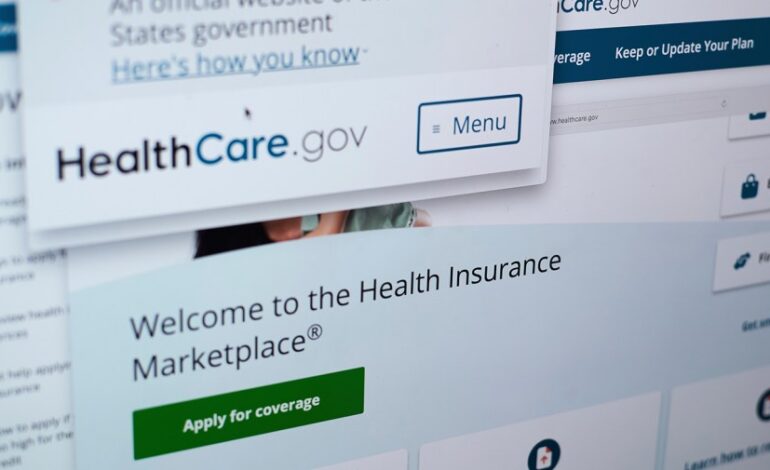Idaho Faces ACA Premium Surge as Tax Credit Expiration Looms

Idaho is experiencing significant price increases for Affordable Care Act (ACA) marketplace plans, becoming the first state to see the impact of expiring federal tax credits. As open enrollment began on October 15, 2023, consumers are facing a potential rise in premiums if Congress does not extend enhanced premium tax credits.
According to Pat Kelly, executive director of Your Health Idaho, gross premiums have increased by approximately 10 percent on average. More strikingly, the net premium—the actual amount consumers pay after tax credits—has surged by about 75 percent. This data highlights the substantial financial burden that many enrollees might soon experience.
The enhanced premium tax credits were introduced through the American Rescue Plan Act in 2021 and were extended until the end of 2025 by the Inflation Reduction Act. These credits enabled individuals and households earning above 400 percent of the federal poverty level to benefit from reduced premiums. Kelly estimates that around 13,000 of the roughly 135,000 enrollees in Idaho’s marketplace fit this income bracket. If Congress fails to act, these individuals will lose access to crucial financial support, although projections suggest most will remain insured.
Many Idahoans will automatically be reenrolled in their plans at the new rates, which could leave them unaware of the impending increases in monthly costs. Eligibility for tax credits is determined by several factors, including income, age, and residency. Premium tax credits are calculated based on the second-lowest cost Silver plan available in a customer’s area, meaning younger consumers may find themselves ineligible for credits even if their income is below 400 percent of the federal poverty level.
The projected premium increases in Idaho may not be as drastic as seen in other states. Gideon Lukens, director of research and data analysis at the Center on Budget and Policy Priorities, indicated that a 60-year-old couple in Idaho could expect an annual premium increase of around $18,000. In contrast, similar couples in other states could see average increases exceeding $20,000 annually. Over a dozen states, including California, Georgia, and Kentucky, have initiated window-shopping periods for their marketplaces, where consumers can assess their options.
The varied impacts across states stem from differences in Medicaid expansion. In states that have expanded Medicaid, individuals earning up to 138 percent of the federal poverty level are eligible for coverage. Conversely, residents of nonexpansion states who are ineligible for Medicaid often rely heavily on ACA tax credits. Research from the Urban Institute indicates that states like Mississippi, Tennessee, and South Carolina may experience significant increases in their uninsurance rates should the enhanced tax credits expire.
Certain congressional districts in Wyoming, West Virginia, Connecticut, and Illinois are projected to see the highest increases in monthly premiums, ranging from 535 percent to nearly 700 percent. Lukens noted that the most significant differences between states will occur for those earning over 400 percent of the poverty level, as they would be liable for the full premium costs without any financial cap.
Another factor contributing to rising premiums is the deterioration of risk pools. Lukens explained that healthier individuals may opt out of coverage, leaving a less healthy population behind. This trend could lead to increased premiums for those remaining in ACA plans. Joel White, president of the Council for Affordable Health Coverage, highlighted that some states have adopted high-risk pool models, which the ACA had largely eliminated. These pools serve as a mechanism to alleviate high costs from the market, potentially reducing premiums by an average of 20 percent.
Kelly urged consumers to enroll early and seek assistance from licensed agents or brokers, noting that about 71 percent of enrollments in Idaho’s marketplace are facilitated through these professionals. Despite the urgency of the situation, Kelly expressed hope for an extension of the ACA tax credits, stating, “We stand ready to move mountains, if needed, to make sure that Idahoans receive all the savings that they’re eligible for.”
As the deadline approaches and uncertainty looms, Idahoans are encouraged to stay informed about their options and the potential impact on their healthcare costs.





